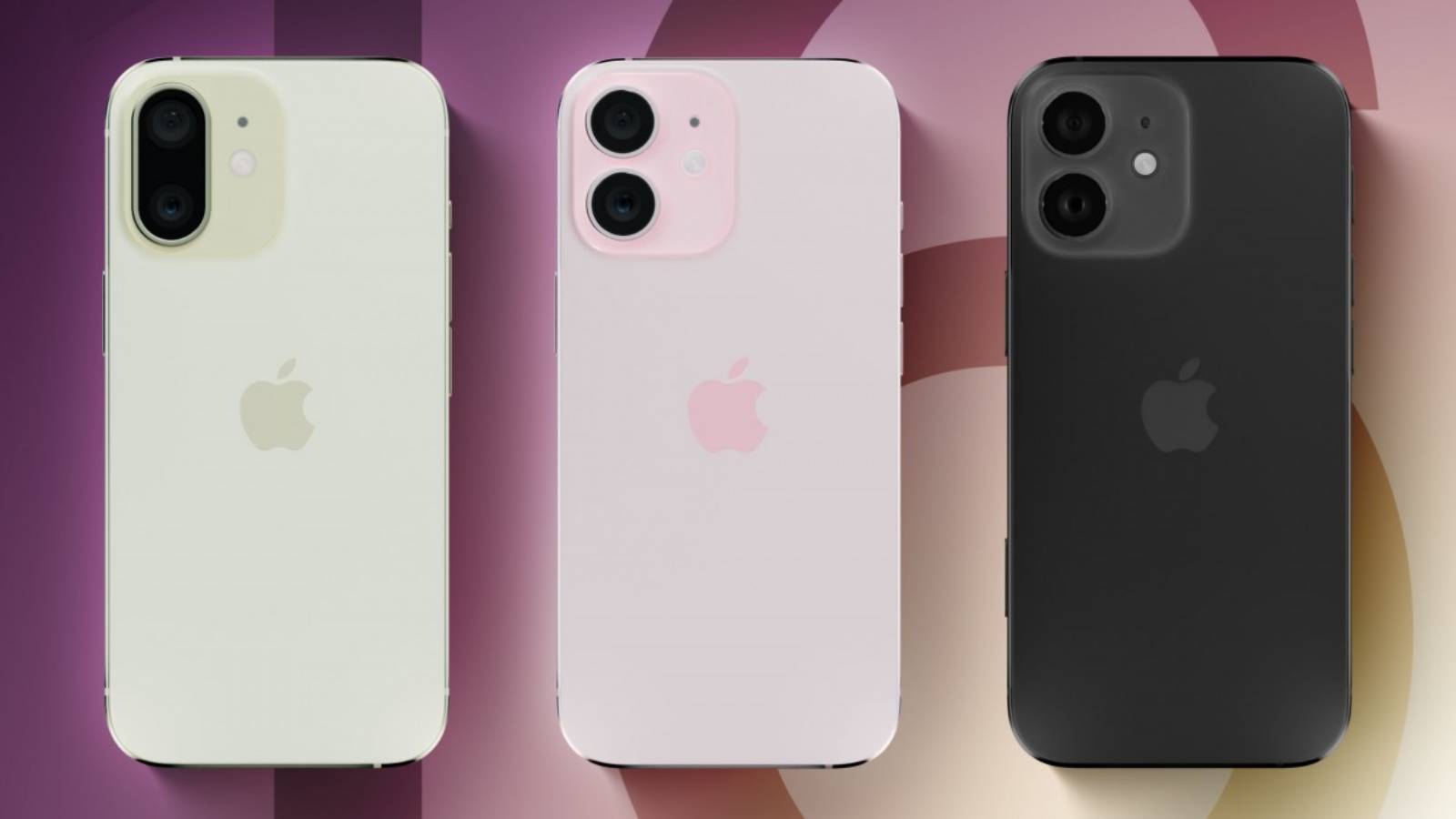Apple is testing a new anti-reflective optical coating technology for future iPhone cameras, promising a significant improvement in photo quality for the iPhone 16. According to a recent rumor from Korea, this technology could eliminate common artifacts such as lens flare and ghosting, revolutionizing the world mobile photography.
Sources in Apple's supply chain reveal that the company plans to introduce new atomic layer deposition (ALD) equipment to the manufacturing process of the iPhone 16 camera lens. This ALD method, which involves applying material layer by layer at the atomic level, allows extremely precise control over the thickness and composition of the layers.
This innovative technology, to be implemented in the iPhone 16 Pro models, allows the application of extremely thin anti-reflective layers, which help to reduce the light streaks and halos that often appear in photos when a strong light source, such as the sun, shines directly into the lens.
In addition, ALD can mitigate ghosting – an image distortion that manifests itself as faint afterimages, usually in front of a strong light source. This phenomenon occurs when light is repetitively reflected between the surfaces of the lens elements and the iPhone 16 camera sensor.
Materials applied using ALD technology also protect against environmental damage to the iPhone 16 camera lens system without compromising the sensor's ability to capture light effectively.
According to the Naver blog, the ALD manufacturing process will be applied exclusively to the Pro models of the iPhone 16 range, suggesting that this could be a distinguishing feature of the premium versions of the new series. Given Apple's usual pace of product releases, the iPhone 16 is expected to be unveiled to the public in September next year, marking a new stage in the evolution of the iPhone's camera.
















